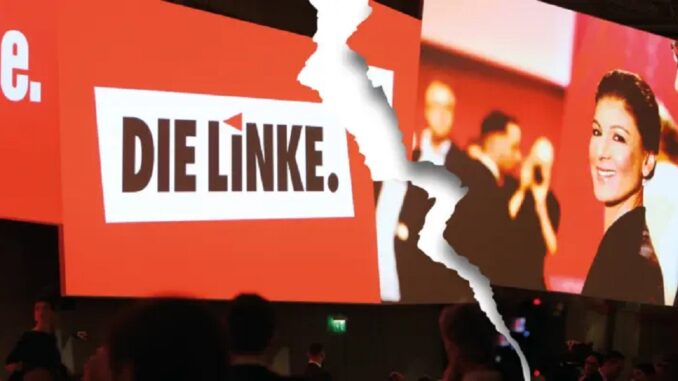
Although the ten deputies who resigned asked to remain in the parliamentary group, the Left bloc decided to dissolve on December 6. This was announced by the members of the group on Tuesday the 14th in Berlin. After 18 years, the reformist space Die Linke is dividing again, forming two new groups that will be able to continue working with fewer rights and less budget. The scope of the new scenario.
By Carolina Menéndez Trucco
“The Bundestag faction is politically dead,” its president, Dietmar Bartsch, had already announced a few days ago, considering that the departure of Sahra Wagenknecht and the other nine deputies who support her would lead to the falling below the minimum number to form a bloc. Although today he sees it as “an opportunity for a new beginning,” there has long been speculation about the departure of said figure from the conservative reformist wing. A few weeks ago, the deputy made it public: she and other members of the parliamentary group Die Linke left and founded the association «Sahra Wagenknecht Alliance» to launch their new party “For Reason and Justice”.
Starting in January, it will be possible to submit membership applications and the founding of regional associations will begin. Although the deserters offered to remain in the block to guarantee its continuity, it is the first time in the 74 years of existence of the Bundestag that a parliamentary group votes to self-dissolve. For most, the party would not have had credibility with its voters if the competing organization had remained in the same group.
“I didn’t want to destroy the Left,” Wagenknecht acknowledged. However, in the end, the discrepancies in content became so great that politically the time had come to put an end to a broken relationship. Just before the European Conference of the Left Party in Augsburg, the faction decided to disband. As a result, two new parliamentary groups were formed, which will receive less money and less time to speak: the remaining 28 left-wing deputies, on the one hand, and Wagenknecht and her supporters, on the other. The question now is how the Left can once again assume a strong role when it was never united and ended up dividing.
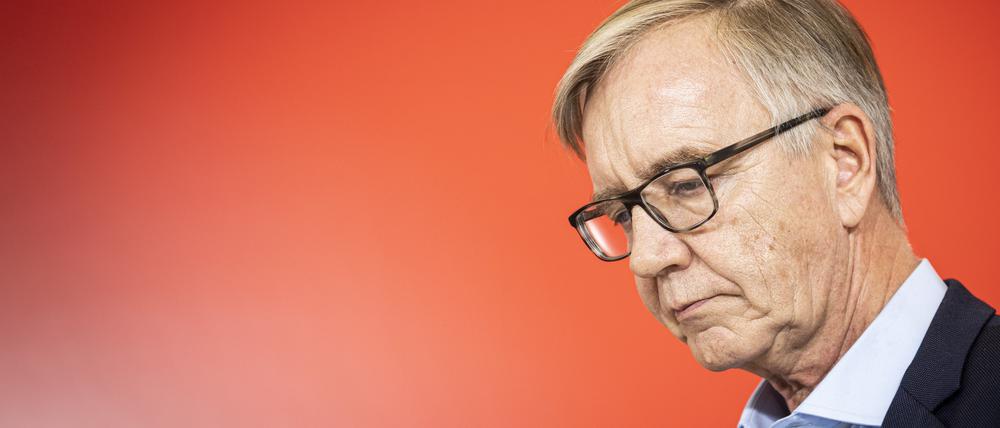
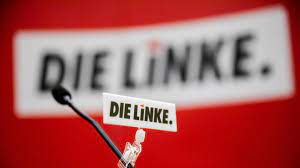
The consequences of the exodus
The reasons for the separation not only led to the loss of parliamentary status, splitting Die Linke in two, when the faction dies, legally more than 100 employees of the group will have to leave, and in a few weeks the options in the German parliament will also be limited. A group has fewer rights than a fraction and also receives less financial support from the state treasury. Furthermore, a resolution from the Bundestag is needed to approve it. What’s left after? Both sides have different ideas about how to appeal to voters, but neither has a solid strategy.
According to recent polls, Wagenknecht’s party could obtain between 12 and 17%. Which does not mean that the balance tips to the left. While many analysts apparently hope that the populist leader can reduce the electoral results of the far-right, reality also shows that the majority of potential voters for her party are likely to come from the right-wing Alternative for Germany (AfD). The undecided could also play an important role after the collapse of the faction. In any case, it is worth remembering that for federal elections a simple electoral list is not enough; it is mandatory to found a party in accordance with the provisions of the party law with formal structures in 16 state associations. The Sahra Wagenknecht Alliance should collect donations to be active in the new year.
For its part, Die Linke, to sharpen its profile after the departure of the dissidents, has presented a document that focuses on climate protection and a supposed restructuring of the economy, which is more of the same: energy subsidies for companies that play a role in climate transformation. What then differentiated the dissident project?
Populist, anti-immigrant, anti-environmental, anti-rights…
Beyond common issues such as a higher minimum wage and higher taxes on high profits and assets, the founding manifesto of the “Sahra Wagenknecht Alliance” in particular is distinguished by omitting most of the fundamental issues of socialism and in many sections the approach could come smoothly from conservatives[1]. The doctor of economics addresses the “little man” as if exploited workers were not perceived at all as political subjects capable of fighting for their own interests. At the same time, in her engaging speech, no matter how much she tries to reach a broad sector of the population, her content only targets the petite bourgeoisie and medium-sized businesses.
The regressive positions on migration, sexual orientation, identity and climate are clear. “Just wanting to better distribute refugees and financial burdens is not enough. The numbers are far too high… Germany has no more room.” Apparently, not for sex-gender dissidents either, since she also openly criticizes identity politics and multiculturalism. Every distinctive feature, in her opinion, threatens social cohesion. In terms of energy, Wagenknecht does not present an awareness-raising policy either, she still believes that it is necessary to lift sanctions on Moscow and return to cheap Russian gas and oil, “given that energy has become more expensive and the country runs the risk of losing important industries and hundreds of thousands of well-paying jobs.”
The issue of peace is also central: in a recent interview for the German public broadcaster ARD, the leader, among other things, called for an immediate ceasefire in the conflict between Israel and Hamas, but did not elaborate on the shipment of weapons (Germany multiplied its military sales to Israel tenfold in one year), nor did support any type of boycott of Israeli products. Furthermore, she once again supports the fallacy of two states that equate oppressors and oppressed, ignoring the history of apartheid that the Palestinian people have suffered for 75 years. Definitely, asking for “more diplomacy and détente in international conflicts” is not enough in the face of genocide.
The absence of a revolutionary line
No need to look far to find symbols in the founding period of Die Linke that make clear the drama of the current crisis. In June 2007, the new party was formed at the Estrel hotel in Berlin. The delegates of the former PDS[2] and the then new WASG[3] of social democratic tendencies merged overnight. With the founding of the new party and the entry of a “socialist” faction into the Bundestag, hopes of establishing a policy to the left of the SPD[4] at the national level had begun to grow. However, about ten years later, the differences had been diminishing.
A false alternative, since there was never really a revolutionary turn, which in any case would have included moving away from co-management in the governments of this capitalist-imperialist Germany. Except for the two most radical wings of the party, the Communist Platform and the Anti-Capitalist Left, Die Linke’s policy has been content to propose gradual reforms. Wagenknecht’s program is another result of the same political framework. Ultimately, the Left itself became completely useless as an instrument of consistent struggle and fundamental changes for the working class, it was oriented almost exclusively to its parliamentary presence, and by staying with a reformist program, it ended up boosting the right of the party and its own decline.
Wagenknecht explicitly adopted the anti-immigrant and nationalist line of the AfD and for the first time a faction dissolved in the middle of the legislative period. Today there is only a smaller group with fewer opportunities in the Bundestag. Due to this hasty and resounding end, it is so important to strengthen the socialist workers’ movement and regroup the revolutionary sectors that fight for a workers’ and socialist government.
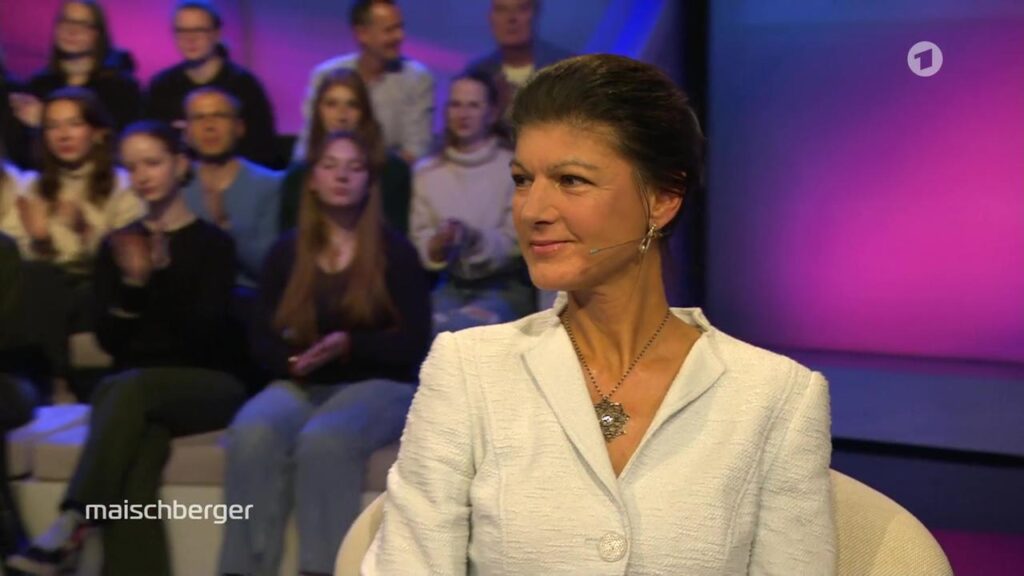
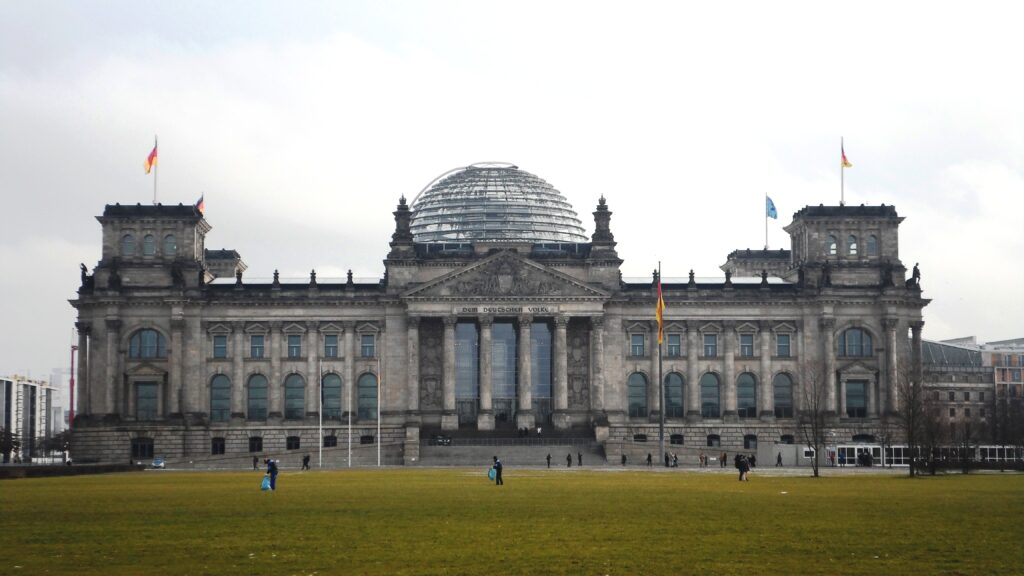
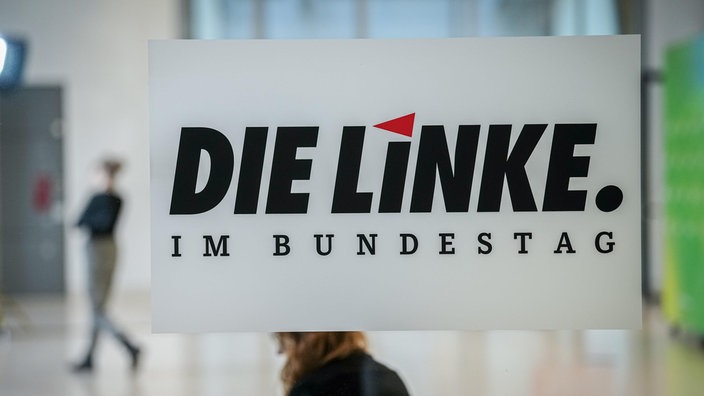
[1] The Union parties (CDU/CSU) are part of a conservative parliamentary group.
[2] The Party of Democratic Socialism (Partei des Demokratischen Sozialismus) was the heir to the former Unified Socialist Party (SED) that governed Eastern Germany, between 1949 and 1989.
[3] Labor and Social Justice-The Electoral Alternative (Arbeit & soziale Gerechtigkeit-Die Wahlalternative) was a party that existed between 2005 and 2007, split from the SPD.
[4] Social Democratic Party of Germany (Sozialdemokratische Partei Deutschlands). Since December 2021, it has presided over the federal government with Chancellor Olaf Scholz, with Alliance 90/The Greens and the Free Democratic Party (FDP) as coalition partners.








